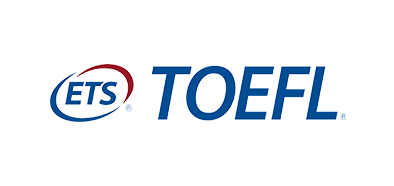A bachelor’s degree in science, engineering, mathematics, computer science, or healthcare from a regionally‑accredited university.
A bachelor’s degree in science, engineering, mathematics, computer science, or healthcare from a regionally‑accredited university.
Minimum cumulative GPA required—but not officially stated. Usually students have 3.0 and above on a 4.0 scale. Admissions are holistic.
Students with engineering, computer science, mathematics, or quantitative science bachelors can opt out of foundational data science core courses and take advanced ones.
Students from biology, biochemistry, or healthcare backgrounds receive foundation courses in programming, computational thinking, and scale classes.
All applicants must show either programming experience or a strong math background (e.g. statistics, calculus, linear algebra).
The program is designed so non‑technical students can build full practical data science skills in healthcare through introductory core courses.
Applicants may need to take prerequisites in programming or health science before admission—based on their undergraduate major.
The review is holistic: having coursework doesn’t guarantee admission; letter(s) of recommendation, personal statement, and GPA matter as a whole.











